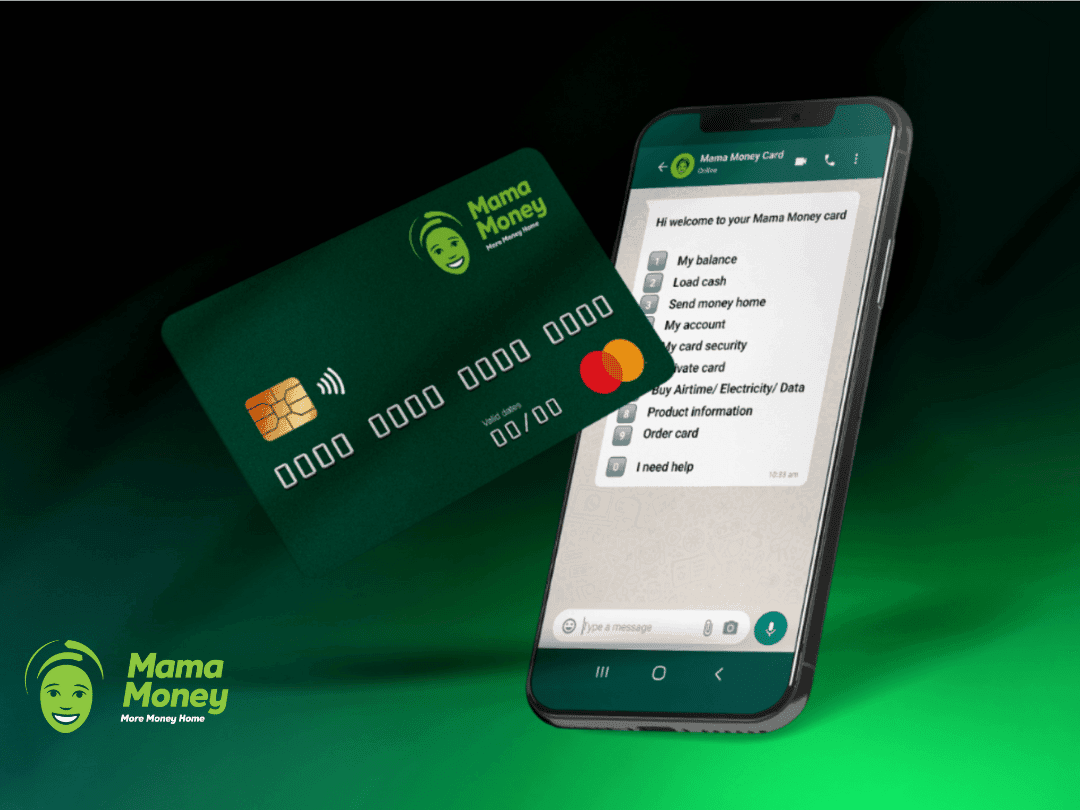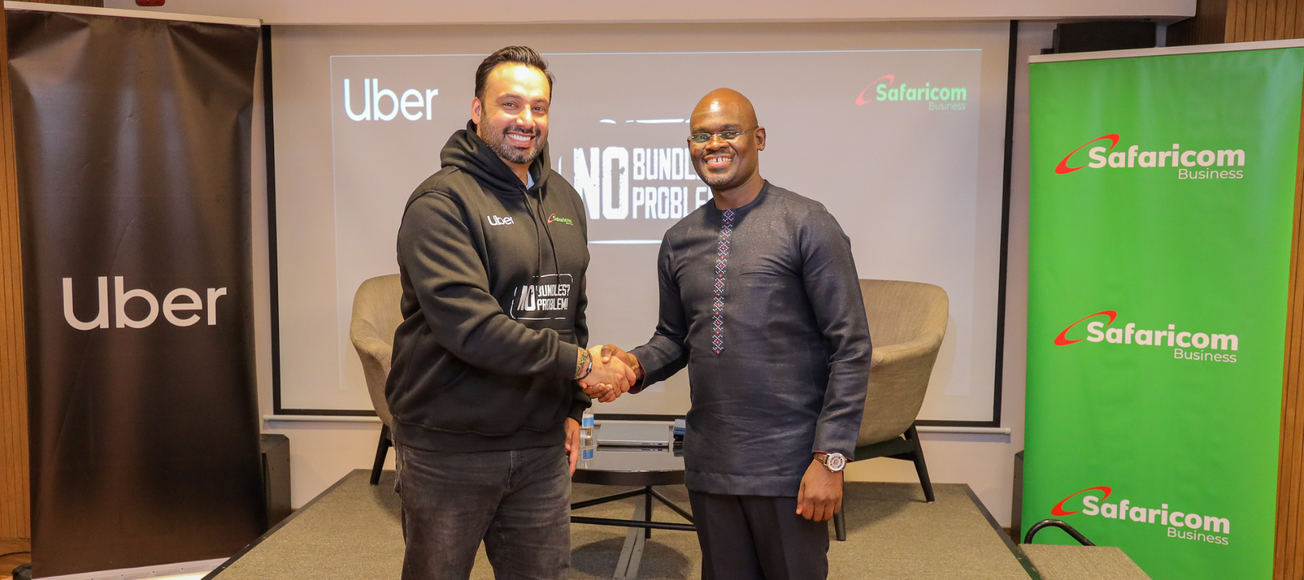Nigeria has one of the highest unemployment rates in Africa. According to the National Bureau of Statistics (NBS), the unemployment rate in Nigeria was 33.3% in Q4 2020. This figure puts Nigeria high up on the countries with high employment rates compared to Niger’s at 0.68%, the lowest in Africa. However, the Internet has created many opportunities for people to find jobs and improve their economic conditions.
The State of The Internet
According to Statista, as of January 2022, Nigeria had the largest population of internet users in Africa, with over 122 million people, with Egypt following at over 80 million. As of June 2023, the Nigerian Communications Commission (NCC) reports Nigeria’s internet subscribers to be over 159 million. However, the quality of Internet connection in Nigeria is still a major issue. According to Ookla’s speedtest global index, the average download speed in Nigeria is 22.39 Mbps, which is significantly lower than the global average of 63.23 Mbps.
Wonder What The Internet Experience for The Average Nigerian is Like?
Meet Bola, a talented software engineer living in Abuja who works remotely for a tech company based in Germany.
Bola shares a frustrating experience:
“I was supposed to meet with my team lead last month. We had met without any problems in the past, so I didn't think much of it. I found a spot in my house with the best network connection and waited for the meeting to start. However, the network fluctuated and I couldn't join the meeting. By the time I finally got online, my boss had left me a strongly worded message threatening to fire me if I ever missed another meeting. I didn't bother explaining what had happened. The next day, I bought a 4G LTE router. It's not the greatest improvement over a mobile hotspot, but at least I won't be getting fired anytime soon.”
The Correlation between The Internet and Jobs
There is a positive correlation between a country's GDP and its internet usage, according to a McKinsey report. This means that countries with a higher percentage of internet users tend to have a higher GDP. In Nigeria, the Internet has had a significant impact on the economy. For example, according to Yahoo Finance, the e-commerce market in Nigeria was worth over $11 billion in 2022 and is expected to grow to over $13 billion in 2023. There has also been an increase in e-payment transactions by an astounding 984% to 4.7 billion in Q1 2023 from the previous year, according to The Nation Online. With over 36.9 million businesses, Micro, Small, and Medium Enterprises (MSMEs) constitute 96.7% of Nigeria's establishments, contributing significantly over 45% to the Gross Domestic Product (GDP), as reported by Business Day.
The Internet has created many new opportunities for people to find jobs in Nigeria. For example, the rise of e-commerce has created new jobs in the logistics and delivery sectors. The internet is also making it easier for people to learn new skills. This means that people will be able to retrain and upskill more easily, which will help them find better jobs.
“It is as easy as taking an online course and building a portfolio,” says Toyin, who recently changed jobs. “I was a banker, but I really wanted a change, so I decided to take a course in web development. It took me 6 months to finish the course and build some portfolio projects which eventually got me a role as a junior web developer.”
The growth of the tech industry has also created new jobs in software development, cyber-security, and data analysis. Nigeria has become one of the largest tech hubs in Africa with over 3000 start-ups in 2022 alone, according to Statista.
The Challenges of Internet Access in Nigeria
Despite the many benefits of Internet access, there are still a number of challenges that people in Nigeria face in accessing the Internet. These challenges include the high cost of data, poor quality of Internet connection, inadequate coverage, and a lack of awareness of the benefits of the Internet.
A freelance web developer and technical writer, David, shares his own experience. “I used to get by on 3,000-5,000 Naira worth of data per month, even with an unreliable network. However, the cost of data has increased so much that I now spend over 20,000 Naira per month. It's honestly frustrating."
David’s experience highlights the challenges that many Nigerians face when it comes to accessing the internet. Data costs have increased significantly in recent years, making it difficult for many people to afford it. This is especially true for people who rely on the Internet for work or education. The government needs to take steps to address the challenges of Internet access in the country. These steps could include, subsidizing the cost of data, and investing in improving the quality of Internet connection.
Looking Ahead
Overall, the Internet has the potential to transform the economy of Nigeria, however, high cost and inefficiency of internet services could undercut this. The government and Internet service stakeholders could take the following steps to address the challenges of Internet access in the country.
- Investing in better infrastructure to improve Internet speeds, reliability and coverage.
- Making the Internet more affordable for all Nigerians.
- Promote digital literacy
- Regulating the TSP (Telecom Service Provider) /ISP (Internet Service Provider) market to allow for more competition and fairer pricing.
- Telecom companies (Telcos) are not also left out as they can expand their network coverage to reach more people in Nigeria, offer affordable data plans that are accessible to low-income earners, and invest in new technologies, such as 5G, to improve internet speeds and reliability.
Doing these will help to create jobs, boost economic growth, and improve the lives of Nigerians. The internet is changing the way we work, and Nigeria is no exception. In the future, we can expect to see even more people working remotely from all over the country. We can also expect to see more people starting their own businesses online.









